”There are three constants in life.
.. change, choice, and principles“
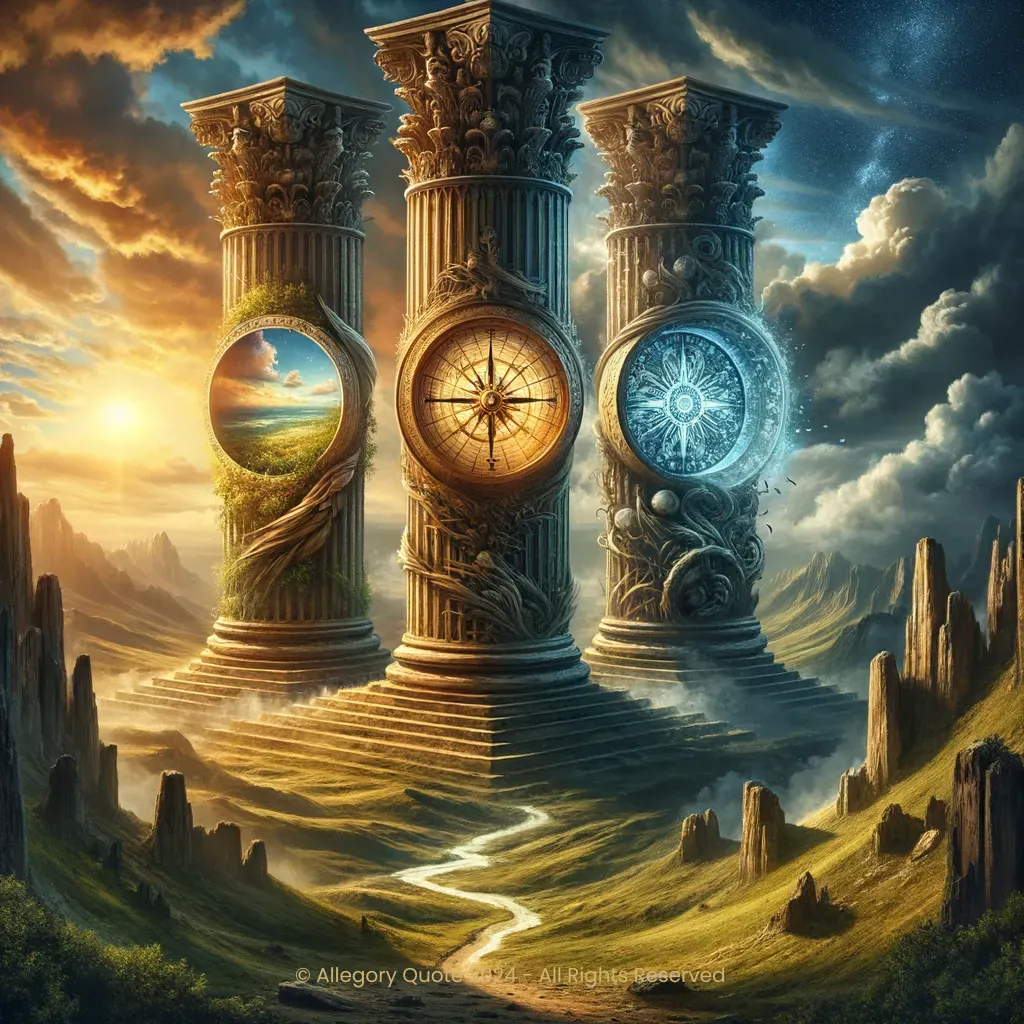
- Meaning
- This phrase highlights three foundational concepts in life: change, choice, and principles. "Change" refers to the inevitable ebb and flow of life, acknowledging that nothing remains static. "Choice" underscores the power of personal agency and decision-making in shaping one's destiny. "Principles" signifies the ethical and moral guidelines that govern behavior and decisions. Together, these constants provide a framework for navigating life's uncertainties and maintaining integrity amidst flux.
- Allegory
- The image elements include a vast landscape to symbolize the dynamic and ever-changing nature of life, with the backdrop transitioning from sunrise to sunset to indicate the passage of time and the inevitability of change. The three pillars, each representing one of the constants—change, choice, and principles—stand robust and unyielding amid this fluid environment. The seasonal changes around the first pillar depict the inevitability of change, while the compass with multiple paths illustrates the power and variety of choices available to individuals. The ancient book of laws glowing with an inner light represents guiding principles, signifying wisdom, and moral values that provide stability. This visual allegory reinforces the phrase's message, showcasing how these constants provide a foundational guide through the transitory nature of existence.
- Applicability
- In personal life, recognizing these constants can help individuals better adapt to change, make informed and reflective choices, and stay true to their core values and principles, especially during challenging times. By embracing change as a given, making conscious choices, and adhering to one's principles, a person can lead a balanced and fulfilling life.
- Impact
- This phrase encapsulates modern understanding and has become a touchstone in self-help and motivational dialogues. It resonates within leadership training, personal development workshops, and educational settings, often cited to encourage individuals to remain resilient and principled amid life’s unpredictability.
- Historical Context
- The sentiment behind the phrase appears to be modern, likely originating in the late 20th or early 21st century, in the context of motivational speaking and self-improvement literature. During this time, there was an increased focus on personal development and navigating the complexities of modern life through a structured set of values and practices.
- Criticisms
- One criticism could be that the phrase simplifies the complexity of life into three broad constants, which might overlook other significant aspects such as relationships, health, or spirituality. Despite its motivational intent, some might argue that it risks reducing nuanced human experiences to a simplistic triad.
- Variations
- Variations of this phrase may include cultural or religious references that tie the three constants into their specific worldview, emphasizing different principles according to cultural norms or religious doctrines. For instance, some cultures might replace "principles" with "honor" or "duty" to better reflect their values.
-
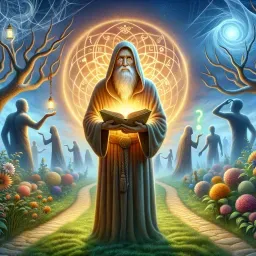
If you tell the truth, you don't have to remember anything.
-
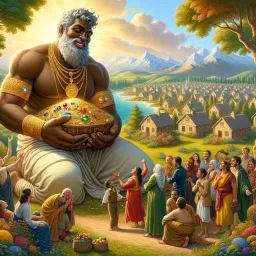
We make a living by what we get, but we make a life by what we give.
-

The journey of a thousand miles begins with a single step.
-

The calm before the storm.
-
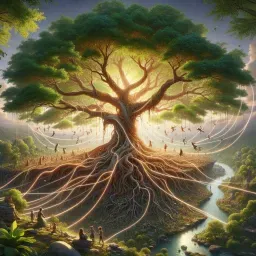
We do not inherit the Earth from our ancestors; we borrow it from our children.
-

Courage is not the absence of fear, but the triumph over it.
-

Man is condemned to be free; because once thrown into the world, he is responsible for everything he does.
-

With great power comes great responsibility.
-

I've seen things you people wouldn't believe, attack ships on fire off the shoulder of Orion, I watched c-beams glitter in the dark near the Tannhäuser Gate. All those moments will be lost in time, like tears in rain. Time to die.
-
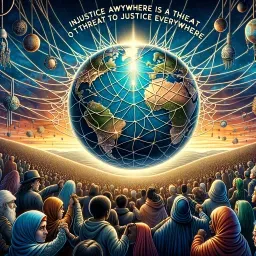
Injustice anywhere is a threat to justice everywhere.
-

The bad news is time flies. The good news is you're the pilot.
No Comments